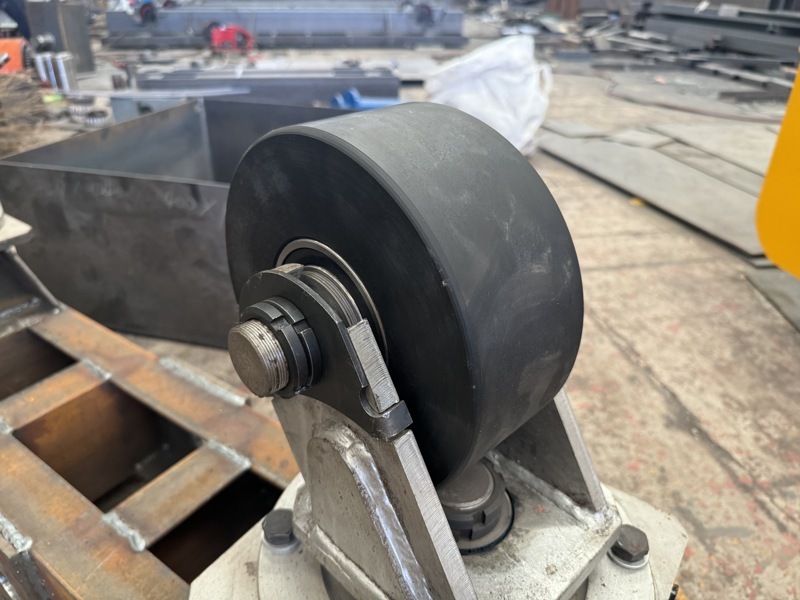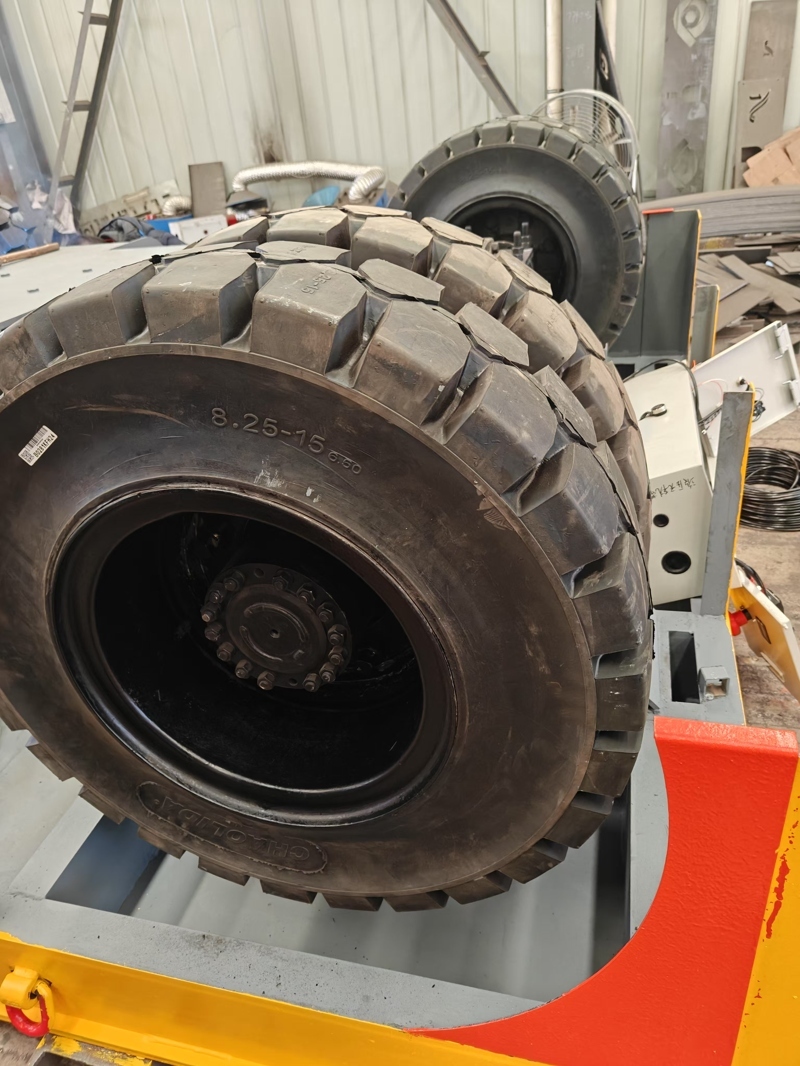Electric transfer cart wheel material details
Electric transfer cart wheel material details and selection guide
1. Rubber wheel
Material characteristics: natural rubber/synthetic rubber, good elasticity, strong shock absorption
Use environment:
✓ Clean workshop (dust-free, anti-static)
✓ Epoxy floor and other vulnerable floors
✓ Indoor flat hardened road surface
Carrying capacity: 1-100 tons steel wheel core, external rubber coating
Features:
Best quiet effect (<60 decibels when running)
Best ground protection
Not resistant to oil/chemical corrosion
Easy to scratch, it is not easy to use in gravel and potholes.

2. Polyurethane wheel
Material characteristics: High molecular polyurethane coated cast iron wheel core, high hardness, strong impact resistance
Use environment:
✓ Mechanical processing workshop (oil pollution environment)
✓ Automated production line (high wear resistance requirements)
✓ Slightly potholes in cement roads, gravel roads
✓ Outdoor short-distance transportation
Carrying capacity: 1-200 tons with high impact resistance, used on cement roads
Features:
Wear resistance is 3 times that of rubber wheels
Resistant to oil pollution, weak acid and alkali
Shock absorption is slightly inferior to rubber wheels

3. Solid pattern wheels
Material characteristics: Full solid steel core + deep pattern rubber on the surface
Use environment:
✓ Foundry/steel plant (high temperature debris environment)
✓ Cement road
✓ Mines/construction sites (rough ground)
✓ Outdoor sloped roads
✓ Potholes, gravel roads
Carrying capacity: 1-300 tons (super heavy load design)
Features:
Anti-puncture, high temperature resistance (-30℃~120℃)
The pattern provides additional grip and can climb slopes
The dead weight is large, and a stronger drive system is required

PEISA professional advice: When choosing electric transfer cart wheels, you need to consider ground conditions, load, operating frequency and budget. We can provide customers with free working condition assessment and customized wheel solutions!


Message Board